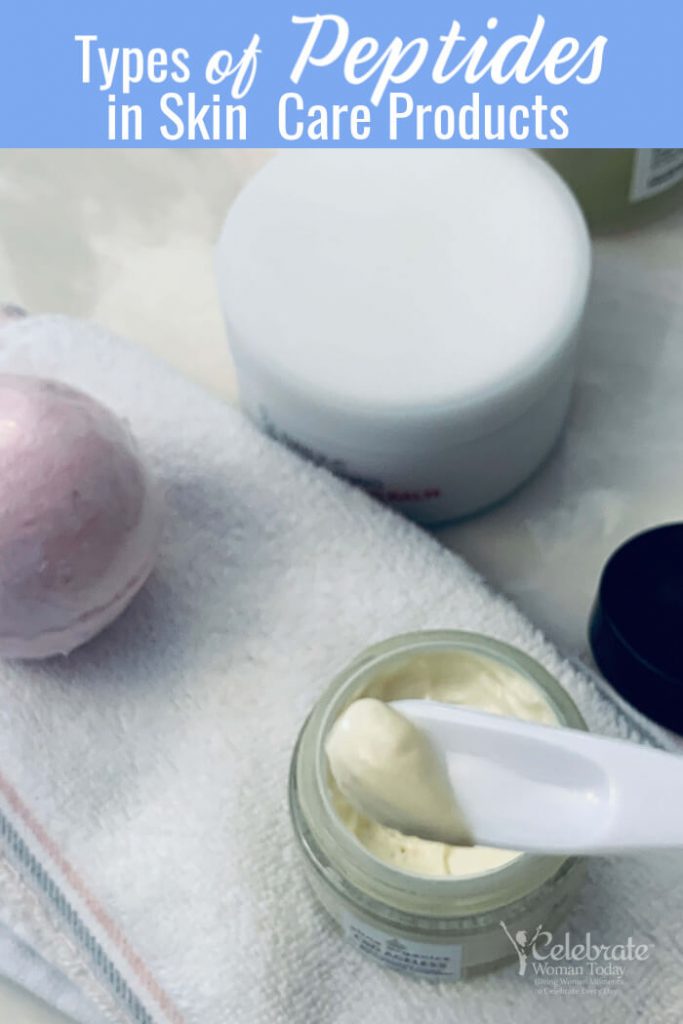Skincare is an ever-evolving field with new ingredients and trends emerging constantly. Among these, peptides have garnered significant attention for their skin benefits. But why are peptides essential for your skin, and are there any downsides? Let’s explore.
Understanding Peptides and Skin Health
Peptides are short chains of amino acids, which are the building blocks of proteins. In skin care, they are known for their role in promoting collagen production, improving skin texture, and enhancing overall skin health.
Boosting Collagen Production

Collagen is a crucial protein for maintaining skin structure and elasticity. As we age, collagen production naturally decreases, leading to wrinkles and sagging skin. Peptides stimulate collagen production, helping to maintain youthful and resilient skin.
Enhancing Skin Barrier

A strong skin barrier is essential for keeping harmful elements out and locking moisture in. Peptides help reinforce the skin’s barrier, improving hydration and protecting against environmental aggressors.
Reducing Signs of Aging

Peptides can visibly reduce the appearance of fine lines and wrinkles. By encouraging collagen production and hydrating the skin, they help in smoothing out age-related skin concerns.
Types of Peptides in Skincare

There are various types of peptides, each with specific skin benefits:
- Signal Peptides: Encourage skin cells to produce more collagen and elastin.
- Carrier Peptides: Deliver trace elements like copper to the skin, aiding in wound healing and enzymatic functions.
- Neurotransmitter Peptides: Help in reducing the appearance of expression lines.
Why Are Peptides Essential For Your Skin?
Here’s why incorporating peptides into your skincare routine can be transformative:
Improve Skin Texture and Tone: Regular use of peptides can lead to smoother, more even-toned skin.
Hydration and Firmness: They help in retaining moisture and firming the skin.
Versatility: Peptides can be combined with other skincare ingredients for enhanced benefits.
Potential Concerns: Why Are Peptides Bad For You?
While peptides are generally safe, there are some considerations:
- Skin Sensitivity: Some people might experience sensitivity or allergic reactions to certain peptides.
- Overuse: Overusing peptide-based products can lead to skin irritation.
- Quality and Formulation: The effectiveness of peptides depends on the product’s quality and formulation.
Incorporating Peptides into Your Skincare Routine

To effectively incorporate peptides into your skincare routine, consider the following tips:
Choose the Right Product: Look for serums, creams, or masks that list peptides high in their ingredients list.
Layering: Apply peptide-based products after cleansing but before heavier creams or oils.
Consistency is Key: Regular use is essential for seeing significant results.
Expert Opinions and Research on Peptides
The efficacy of peptides is backed by substantial research and expert opinions in dermatology. Studies have shown that certain peptides can significantly improve skin texture and reduce the signs of aging.
Clinical Studies
Clinical trials have consistently demonstrated the positive effects of peptides in increasing skin elasticity and reducing wrinkles. These studies highlight the role of peptides in stimulating collagen production and enhancing skin repair processes.
Dermatologist Recommendations
Many dermatologists recommend peptides as a part of an anti-aging skincare routine. Their ability to penetrate the skin and deliver targeted benefits makes them a favorite in professional skincare treatments.
Consumer Reviews
User testimonials and reviews often point to the visible improvements in skin texture and firmness after using peptide-rich products. These real-world experiences reinforce the value of peptides in everyday skincare.
Balancing the Narrative: Addressing Misconceptions
While peptides are largely beneficial, it’s important to balance the narrative by addressing common misconceptions.
- Instant Results: Peptides work over time; they are not an instant solution to skin concerns.
- Replacing Other Ingredients: Peptides are best used in conjunction with other skincare ingredients, not as a replacement.
- Suitability for All Skin Types: While generally safe, it’s crucial to patch test and consult a dermatologist, especially for sensitive skin.
The Future of Peptides in Skincare
The future of peptides in skincare looks promising, with ongoing research and innovation. Advanced peptide formulations and targeted treatments are expected to offer even more personalized and effective skincare solutions.
Innovative Formulations
Emerging research focuses on developing more stable and potent peptide formulations, increasing their effectiveness and shelf-life.
Personalized Skincare
With advancements in skin analysis and genetics, peptides may be used in more personalized skincare products, tailored to individual skin concerns and conditions.
Integrating Peptides with Other Skincare Ingredients
While peptides are powerful on their own, their effectiveness can be enhanced when used in combination with other skincare ingredients.
Vitamin C and Peptides

Vitamin C, known for its antioxidant properties, works well with peptides. Together, they can boost collagen production and fight free radicals, leading to brighter and firmer skin.
Hyaluronic Acid and Peptides

Hyaluronic acid, famous for its hydrating properties, pairs excellently with peptides. This combination can deeply hydrate the skin while improving its texture and reducing signs of aging.
Retinol and Peptides

Retinol, another anti-aging superstar, can be used with peptides. While retinol accelerates skin renewal, peptides help in rebuilding and repairing the skin, making for a potent anti-aging duo.
Tailoring Peptide Use to Different Skin Types
Understanding how to use peptides according to different skin types ensures maximum efficacy and minimizes any potential irritation.
- Sensitive Skin: Opt for peptide products with calming ingredients and start with lower concentrations.
- Oily and Acne-Prone Skin: Look for lightweight, non-comedogenic peptide formulations.
- Dry Skin: Choose peptide products with additional moisturizing ingredients.
The Holistic Approach to Skincare with Peptides
Incorporating peptides into your skincare routine is just one part of a holistic approach to skin health. Diet, lifestyle, and overall health significantly impact skin condition.
- Healthy Diet: A balanced diet rich in antioxidants, vitamins, and minerals supports skin health from the inside.
- Hydration: Adequate water intake is crucial for maintaining skin hydration and elasticity.
- Sun Protection: Daily use of sunscreen protects the skin from harmful UV rays and prevents premature aging.
Navigating the World of Peptides: Choosing the Right Products
With an abundance of peptide products in the market, choosing the right one can be overwhelming. Here are some tips:
- Research Brands and Ingredients: Look for reputable brands with transparent ingredient lists and concentrations.
- Patch Test: Always conduct a patch test before incorporating a new product into your routine.
- Consultation with Dermatologists: For personalized advice, consult a dermatologist, especially if you have specific skin concerns.
Peptides in Professional Skincare Treatments
Apart from at-home skincare products, peptides are also used in professional skincare treatments like facials and serums applied in dermatologists’ offices, offering more concentrated and targeted benefits.
Conclusion
Peptides are a powerhouse ingredient in skincare, offering numerous benefits such as improved collagen production, hydration, and reduced signs of aging. While there are some concerns about sensitivity and quality, choosing the right products and using them correctly can lead to remarkable improvements in skin health and appearance.
Remember, skincare is deeply personal, and what works for one may not work for another. Always pay attention to how your skin reacts to new products and ingredients. For more insights into skincare and peptides, check out our comprehensive guide on skin health.
